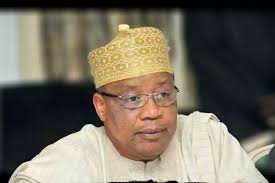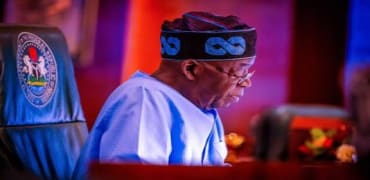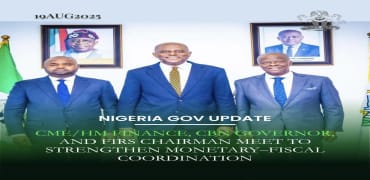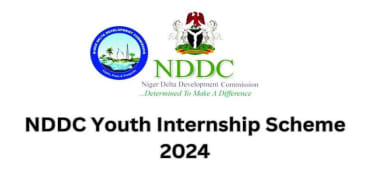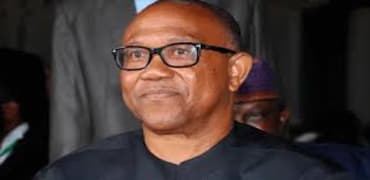IBB’s Regret: Too Little, Too Late
IBB’s Regret: Too Little, Too Late
By Achimi Muktar
Decades after one of Nigeria’s darkest political moments, former military Head of State, Ibrahim Babangida (IBB), has finally admitted what many have known all along—MKO Abiola won the June 12, 1993, presidential election. However, his confession, detailed in his newly launched autobiography, A Journey in Service, has sparked a firestorm of reactions, with many dismissing his remorse as a weak attempt at redemption.
At the book launch in Abuja, Babangida described the annulment of the election as an “accident of history,” acknowledging that Abiola met all constitutional requirements to become president. Yet, he maintained that the decision was taken in the “supreme national interest” to prevent Abiola from being “eliminated” by powerful forces opposed to his presidency.
But for Nigerians who lived through the chaos that followed, Babangida’s admission is neither cathartic nor exonerating.
A Nation’s Betrayal
The annulment of the June 12 election, widely regarded as Nigeria’s freest and fairest, plunged the country into political turmoil, sparking protests, state repression, and ultimately leading to Babangida’s resignation. It also paved the way for the brutal dictatorship of General Sani Abacha, during which Abiola was imprisoned and later died under mysterious circumstances.
For pro-democracy groups, political figures, and victims of the annulment’s aftermath, Babangida’s regret means little. The Yoruba socio-political group, Afenifere, described his confession as “belated and insufficient,” calling it an insult to the memory of those who lost their lives fighting for Abiola’s mandate.
“His belated acknowledgment does not absolve him of the monumental betrayal inflicted upon the nation,” said Afenifere’s Organising Secretary, Kole Omololu. “It does not restore the lives lost or atone for the enduring scars of oppression and bloodshed.”
"Abiola is Laughing in Heaven"
Former Ogun State Governor, Segun Osoba, who played a key role in Abiola’s campaign, reacted with a mix of amusement and frustration. “MKO will be in heaven laughing his head off,” he said. “Time is healing the wounds, but Babangida’s admission doesn’t change the damage done.”
Similarly, human rights lawyer Mike Ozekhome (SAN) dismissed IBB’s statement as meaningless without action. “Regret without restitution is hollow,” he said. “What concrete steps has Babangida taken to truly atone for June 12? Words alone won’t rewrite history.”
A Confession Without Consequences?
Babangida’s autobiography offers more than just reflections on June 12. It addresses other controversies from his time in power, including the 1976 coup that killed Murtala Muhammed and the 1986 assassination of journalist Dele Giwa via a letter bomb—an incident for which Babangida has long been suspected but never convicted.
Speaking on Giwa’s death, Babangida insisted he had no involvement but admitted that the case remains an “unsolved mystery.”
What Next?
While some have praised Babangida for finally telling the truth, others argue that his confession does little to change the past. The question remains—should IBB’s admission be accepted as a moment of genuine remorse, or is it simply a calculated move to shape his legacy?
For many Nigerians, the answer is clear: no amount of regret can undo the tragedy of June 12, 1993.



